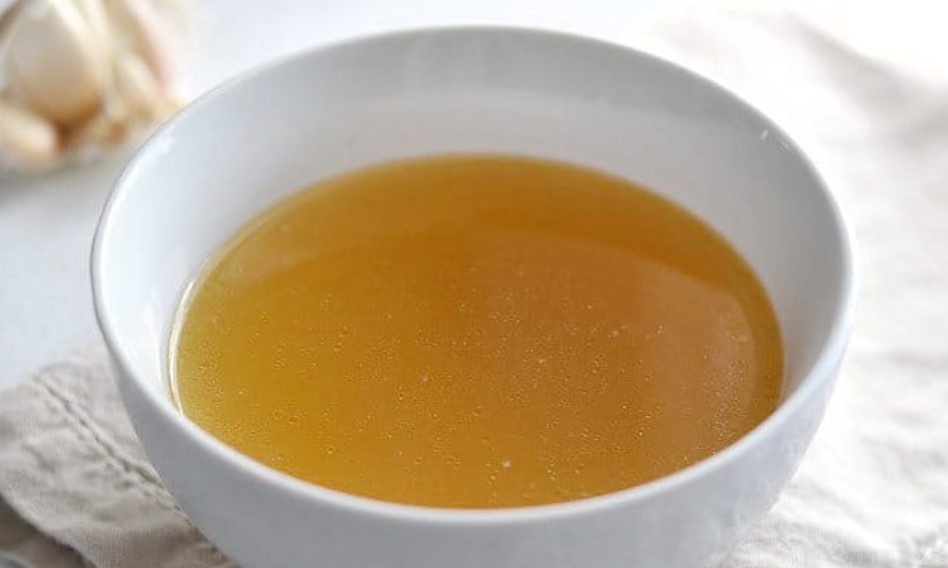Chicken stock is fast and incredibly delicious when made in the pressure cooker. The flavor of the chicken infuses the broth so deeply, you will probably rethink that can or box of broth that you buy in the store. And it’s less expensive than store-bought, too. On the stove top, this same stock would take up to four hours; under pressure, it takes less than an hour. Use the stock to make a pot of soothing CHICKEN NOODLE SOUP Or strain it into airtight containers and use it later.
MAKES: about 8 cups
INGREDIENTS:
- 2 tablespoons extra-virgin olive oil
- 2 ½ pounds chicken backs and necks, or 1 whole 2 ½ pound chicken, cut up
- 1 large onion, quartered, with the skin left on
- 3 medium carrots, cut into 2-inch lengths
- 4 celery stalks (including the leaves), cut into 2-inch lengths
- ½ cup packed fresh flat-leaf parsley, coarsely chopped
- 1 bay leaf
- 1 sprig fresh thyme
- 4 black peppercorns
- 1 teaspoon salt, plus more if needed
- 8 cups water
INSTRUCTIONS:
- Heat the oil in the pressure cooker over high heat. Add the chicken parts and brown them on all sides, removing them to a plate as they brown. Add the onion, carrots, celery, and parsley and toss them in the oil to coat. Return the chicken to the pot and add the bay leaf, thyme, peppercorns, salt, and water. Lock the lid in place, and cook at high pressure for 45 minutes.
- Release the pressure naturally and remove the lid, tilting the pot away from you to avoid the escaping stearn. Strain the stock through a fine-mesh strainer and discard the solids. Taste for seasoning and add more salt if necessary. Cool the stock completely, skim off any fat that may have risen to the surface, and transfer to airtight containers. Stock keeps in the freezer for up to 6 months and in the refrigerator for up to 4 days.
NOTE:
- Why leave the skin on the onion? First, for the nutrients it adds to the stock, and second, for the golden color it lends. Try it; you’ll be amazed!
- Ask the meat manager at your supermarket for necks and backs. If they aren’t available, use chicken wings, which are usually less expensive than other parts. Most full-service meat markets will have necks and backs, and you can usually call to reserve them.


